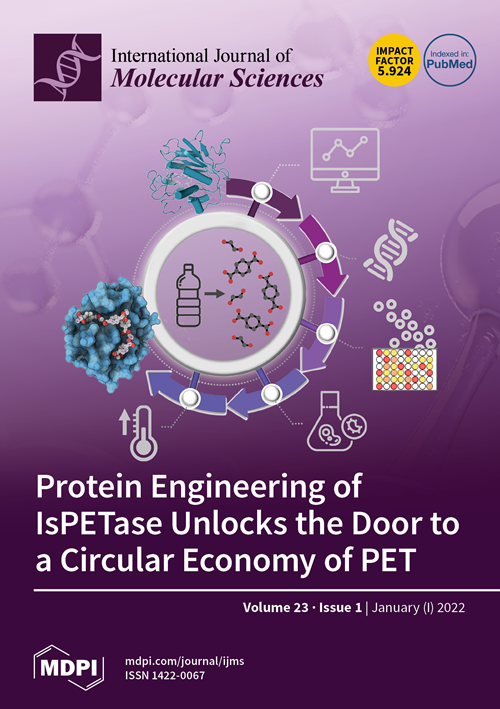The Role of miRNAs in Childhood Acute Lymphoblastic Leukemia Relapse and the Associated Molecular Mechanisms
IF 4.9
2区 生物学
Q1 BIOCHEMISTRY & MOLECULAR BIOLOGY
引用次数: 0
Abstract
Acute lymphoblastic leukemia (ALL) is the most common cancer in children worldwide. Although ALL patients’ overall survival rates in wealthy countries currently surpass 80%, 15–20% of patients still experience relapse. The underlying mechanisms of relapse are still not fully understood, and little progress has been made in treating refractory or relapsed disease. Disease relapse and treatment failure are common causes of leukemia-related death. In ALL relapse, several gene signatures have been identified, but it is also important to study miRNAs involved in ALL relapse in an effort to avoid relapse and to achieve better survival rates since miRNAs regulate target genes that participate in signaling pathways involved in relapse, such as those related to drug resistance, survival signals, and antiapoptotic mechanisms. Several miRNAs, such as miR-24, miR-27a, miR-99/100, miR-124, miR-1225b, miR-128b, miR-142-3p, miR-155 and miR-335-3p, are valuable biomarkers for prognosis and treatment response in ALL patients. Thus, this review aimed to analyze the primary miRNAs involved in pediatric ALL relapse and explore the underlying molecular mechanisms in an effort to identify miRNAs that may be potential candidates for anti-ALL therapy soon.miRNA 在儿童急性淋巴细胞白血病复发中的作用及相关分子机制
急性淋巴细胞白血病(ALL)是全球最常见的儿童癌症。虽然目前在富裕国家,ALL 患者的总生存率超过 80%,但仍有 15-20% 的患者会复发。复发的根本机制尚未完全明了,在治疗难治或复发疾病方面进展甚微。疾病复发和治疗失败是白血病相关死亡的常见原因。在ALL复发中,已经发现了一些基因特征,但研究参与ALL复发的miRNA也很重要,因为miRNA可调控参与复发信号通路的靶基因,如与耐药性、生存信号和抗凋亡机制有关的靶基因,从而避免复发,提高生存率。一些miRNA,如miR-24、miR-27a、miR-99/100、miR-124、miR-1225b、miR-128b、miR-142-3p、miR-155和miR-335-3p,是ALL患者预后和治疗反应的重要生物标志物。因此,本综述旨在分析参与小儿ALL复发的主要miRNAs,并探讨其潜在的分子机制,从而找出可能很快成为抗ALL治疗潜在候选者的miRNAs。
本文章由计算机程序翻译,如有差异,请以英文原文为准。
求助全文
约1分钟内获得全文
求助全文
来源期刊

International Journal of Molecular Sciences
Chemistry-Organic Chemistry
CiteScore
8.10
自引率
10.70%
发文量
13472
审稿时长
17.49 days
期刊介绍:
The International Journal of Molecular Sciences (ISSN 1422-0067) provides an advanced forum for chemistry, molecular physics (chemical physics and physical chemistry) and molecular biology. It publishes research articles, reviews, communications and short notes. Our aim is to encourage scientists to publish their theoretical and experimental results in as much detail as possible. Therefore, there is no restriction on the length of the papers or the number of electronics supplementary files. For articles with computational results, the full experimental details must be provided so that the results can be reproduced. Electronic files regarding the full details of the calculation and experimental procedure, if unable to be published in a normal way, can be deposited as supplementary material (including animated pictures, videos, interactive Excel sheets, software executables and others).
 求助内容:
求助内容: 应助结果提醒方式:
应助结果提醒方式:


